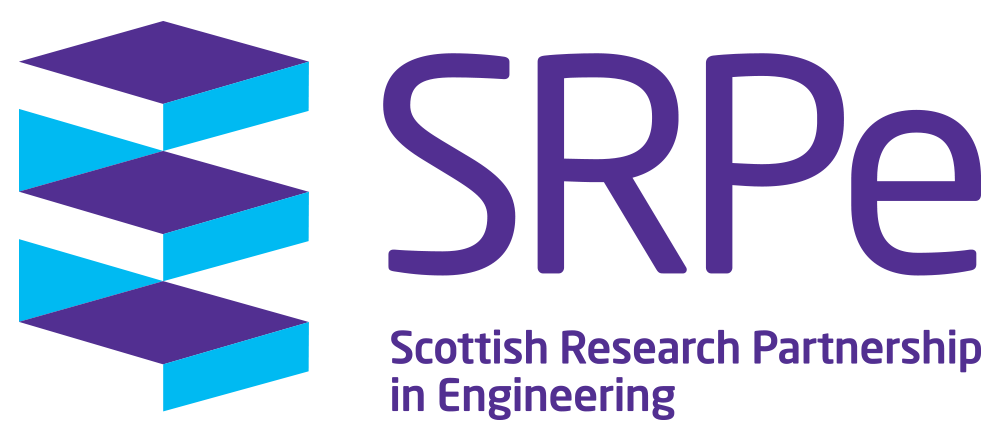Artificial Cells as Distributed Nanobots in Engineering and Healthcare
PEER Award Holder: Dr Elijah Nazarzadeh, University of Glasgow
The complexity of the human body is the main challenge in our quest for understanding of many diseases and their treatment. Synthetic biology has proven to be an effective means for reconstructing an artificial, functional biological device by engineering the basic building blocks of living systems, providing simple models for a better understanding of complex biological processes.
Droplets (emulsions of hydrophohic components, e.g. lipids, and hydrophilic cores) can act as an ideal element to build more complex biological structures (i.e. artificial cell) and develop into a network to mimic tissues and organs. This provides the opportunity to test and characterise signalling pathways for example, opening up large numbers of application, such as exploring cell and membrane activities, animal-free drug testing and building synthetic tissues (e.g. for repair). This line of research is at its early stages and includes various aspects of science such as colloids, surface adsorption, bio-engineering and biology, with the potential to address industrial questions around implants, drug development and delivery in healthcare, but also beyond, towards energy and data storage, food processing and paints.
In this PEER activity workshop, we aim to bring together experts from academia and industry to identify both immediate and long-term goals for successful collaboration across different aspects of the topic and create a long-lasting, and inclusive network. Strong cross-disciplinary research collaborations can address different aspects of such a complex study and the aim of this PEER activity is to initiate these collaborations through a workshop.
